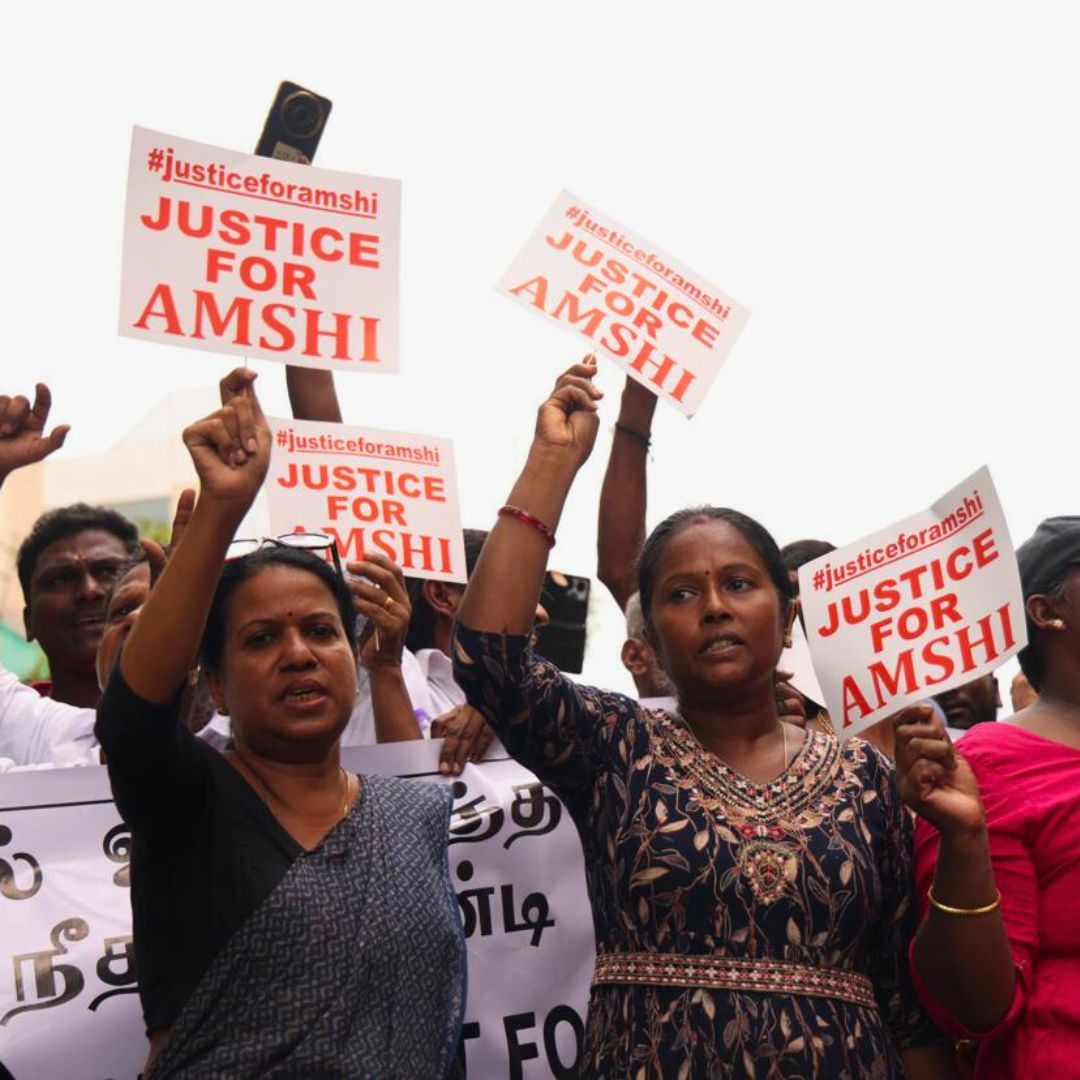SL President - 'NGOs destroying our country'
Speaking at an event to mark 'International Coconut Day', Sri Lankan President Mahinda Rajapaksa has slammed non-governmental organisations as destroying the dignity and cultural values of the country, liking them to coconut 'mitas'.
The event was organised by the Coconut Development Ministry and Temple Trees in Colombo.
Rajapaksa said,
"The coconut industry is being developed according to a local made strategic plan instead of foreign plans. We Sri Lankas need not have foreign plans."
Commenting that 'mitas' have been destroying coconut plantations, Rajapaksa added,
"There are Mitas lurking in other fields trying to destroy the country. Certain Mitas of Nun Government Organisations are among them. Those Mitas are destroying cultural values of the country."
"The country has been placed on a fast development track after being liberated from terrorism which stifled the country's progress for nearly three decades. These Mitas come in various forms and are carrying out hidden agendas to destroy this peaceful atmosphere.'
"They are engaging in destroying the dignity of the country. But the people are vigilant about the behaviour of these forces,"
Recalling folklore of Prince Vinaya, Rajapaksa also added,
''As a result of certain narrow minded political decisions by past governments and private sector activities, coconut cultivation in Sri Lanka had seen a gradual decline."

